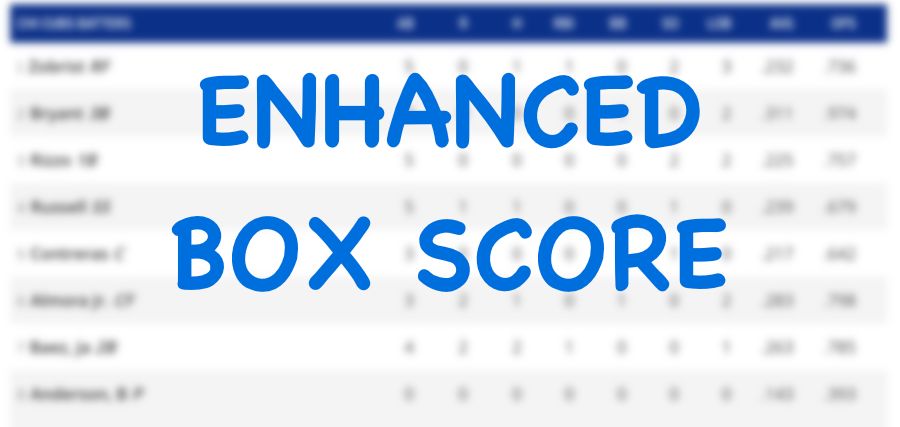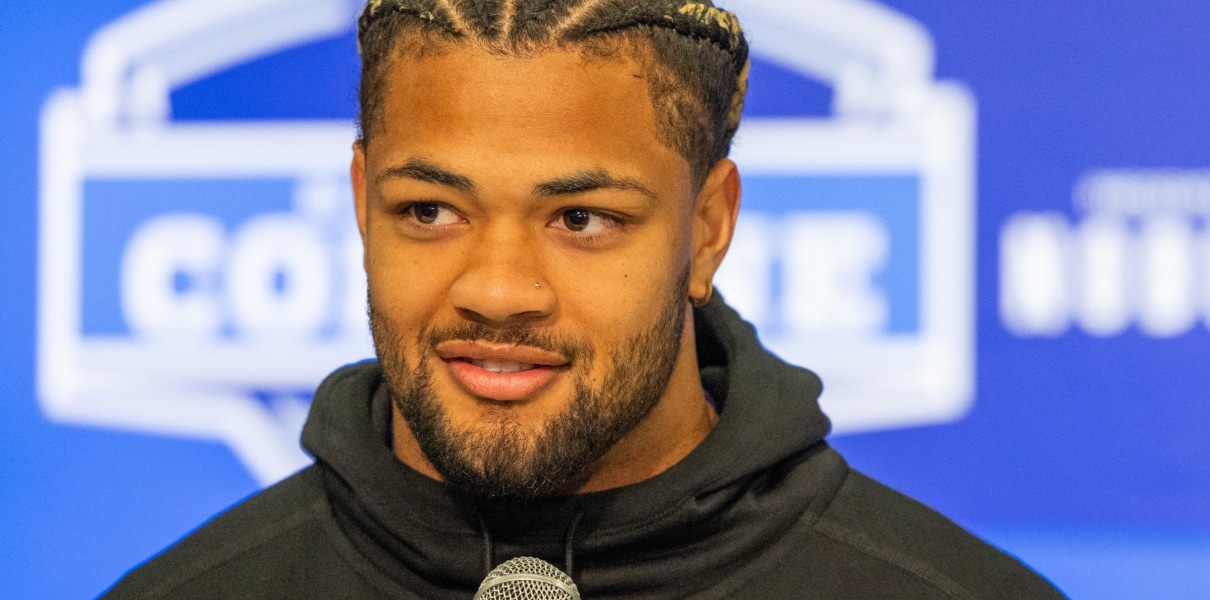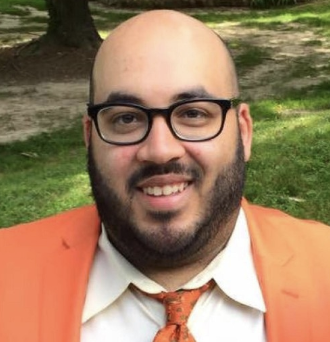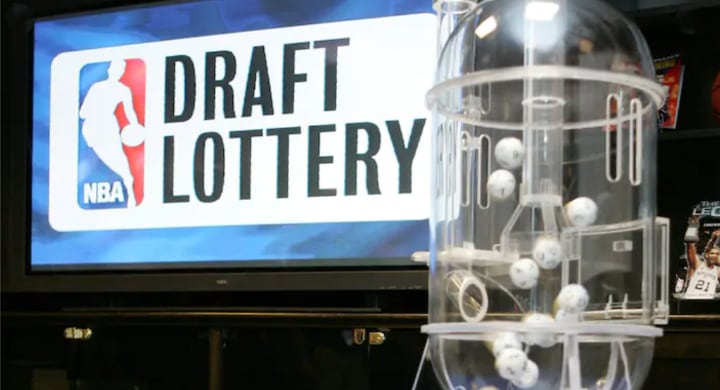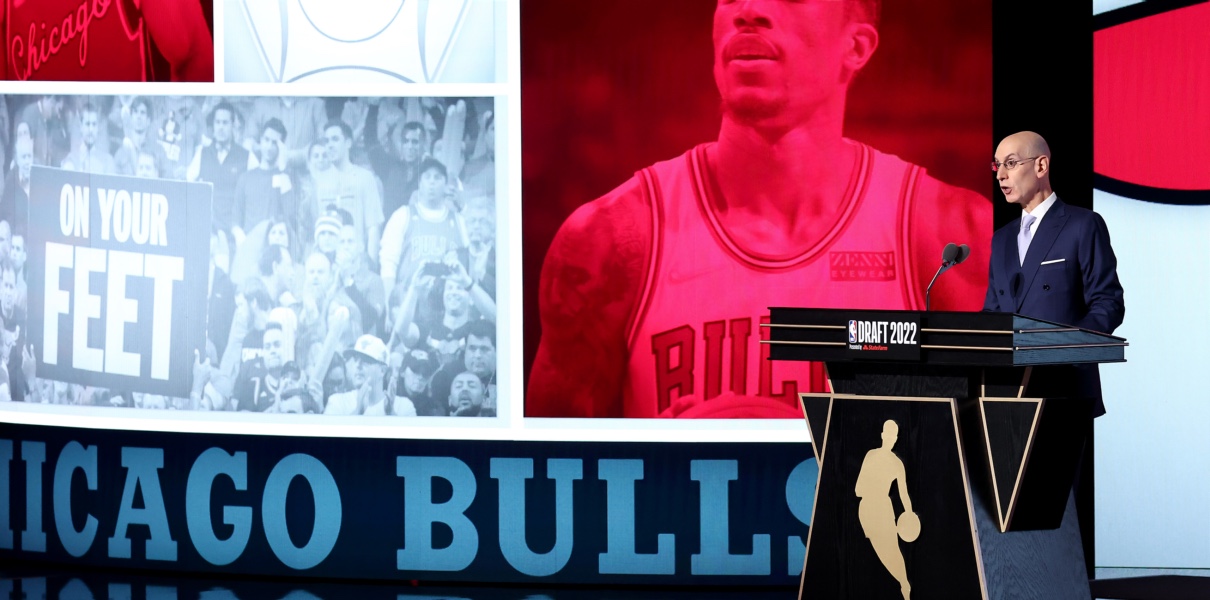On Saturday, he signed this winter’s top free agent starting pitcher, on Tuesday, he announced the deal from Mesa, Arizona, and today, he joined Mully and Hanley on 670 The Score to talk about his team, the slow offseason, and the season ahead.
It’s Theo Epstein time, ladies and gentlemen. Let’s discuss what the man in charge had to say today …
Like he mentioned in the Yu Darvish press conference yesterday, the Cubs viewed Darvish as the top free agent pitcher available this winter, which inherently made him their “top priority,” because they hoped to leave this offseason with three relievers (check) and two starting pitchers (check). With that said … they viewed him as a considerable long shot, given his expected price tag and their desire remain under the luxury tax threshold this season (more on that later). But once the market started to reveal itself for what it still is (slow and not-price-explosive), Epstein and Co. realized that there might be an opportunity to take advantage of, so they pounced, ultimately landing on six years and $126 million (with bonuses/escalators that could reportedly take it up near $150 million). More contract details here.
I think Epstein is actually being really honest about this. It sounds like, despite the “top priority” word usage, they had no intention of signing Darvish this winter until his price came way down (recall the rumors that he might have been looking for seven years and $175 million). And of all the many things you can take from that, take this: his price came down enough to make the Cubs bite, which means you have to believe the front office loves this deal.
As for the World Series blow up – which Brett squashed in convincing fashion earlier today – Epstein reiterated much of what we’ve (and he’s) already said, before adding that with today’s analytics and technology, they can analyze any single pitch a thousand different ways. When you throw the knowledge-base of their talented scouting network into the mix, and years of pitches/data at the Major League level for Darvish, there’s just no reason to focus on two bad games.
On the rumored call to Jake Arrieta just before signing Darvish, Epstein shined some light. But first he made it clear that he didn’t talk to Arrieta directly, but instead to his agent, Scott Boras, who prefers that everything goes through him, not his clients … which I find hilarious, given that he’s notorious for circumventing GMs and Presidents to get the ear of team owners (do as I say …). After that, Epstein said the call was supposed to serve three purposes: 1) he wanted to show Arrieta the respect he deserved as a player and person, so that he wasn’t blindsided by this move, 2) he wanted to re-confirm the Cubs’ sense of where Arrieta was and what he was looking for, to see if there was a way to work through the complications of getting him back to the North Side, and 3) he wanted to give Arrieta’s camp more information to help him land the right deal this winter (which is when Epstein immediately added “Not that he needs any help.”).
If you ask me, my sense is that this call was not about giving Arrieta the opportunity to sign the same deal as Darvish. It was about being respectful and helping Arrieta out in a market that doesn’t seem to be valuing him at a level in which it should (and that’s not Arrieta-specific, mind-you).
Epstein discussed the slow offseason and just touched on the hits: it’s a reaction to the new CBA and there was some bad timing, as some big market teams wanted to get under the luxury tax threshold this year before next offseason’s awesome free agent class. Epstein did point out, again, that the slow movement elsewhere turned this offseason into a surprising opportunity for the Cubs. It sounds like they really wouldn’t have been so aggressive had it not turned into the mess it is now, so … hooray?
Moving onto the bullpen, Epstein was asked who the closer is this year and said, while that decision starts and ends with Joe Maddon, he thinks they’re all on the same page: it’s gonna be Brandon Morrow. Epstein clearly believes in Morrow a lot, but also thinks the key to his success will be based on how he’s used early in the season. And to that end, he thinks Maddon plans on giving Morrow the Wade Davis treatment (i.e. a strict, structured, traditional closer’s role). In this way, they can maximize his effectiveness and keep him healthy and ready to go, before being deployed more aggressively down the stretch and into the postseason.
Let me take this opportunity to pause here and compliment Joe Maddon and Theo Epstein on their ability to focus on the big picture so very well. We know the postseason is a crapshoot, and yet all three seasons the Cubs have made it there, they’ve made it at least to the NLCS. That’s not entirely a coincidence. That’s partly the effect of a season-long strategy paying off. Give them credit for having the patience, the foresight, and, importantly, the confidence to manage for the season not the week.
And finally, on the bullpen’s loss of command last season, Epstein pointed to their desire to throw “the perfect pitch” in moments when a good ole fashioned strike would’ve sufficed. He mentioned that they might pull back on the perfect pitch next season in service of more strikes, but made sure to add that it was that very strategy that led to the Cubs having the best pitching staff in baseball over the past three seasons. You ask: The Cubs had the best pitching staff in baseball over the past three seasons? Well, they did by ERA (3.49, 1st). By WAR, for what it’s worth, they were 6th.




